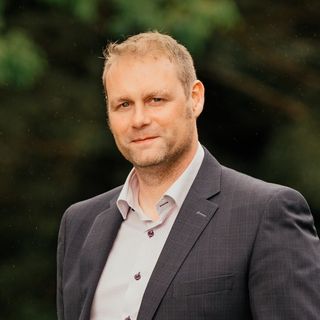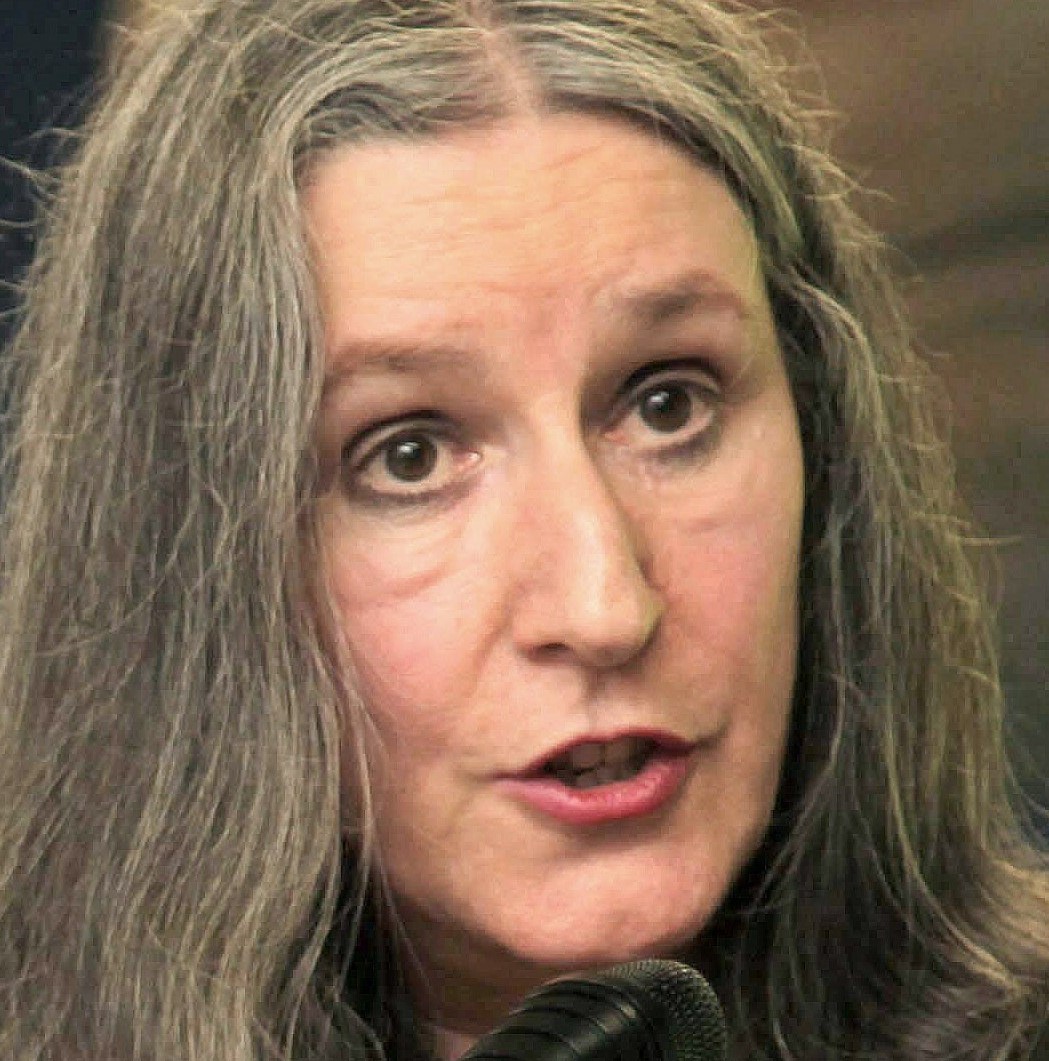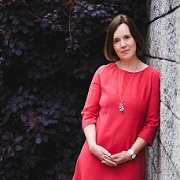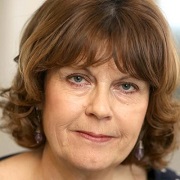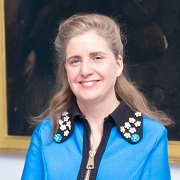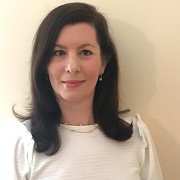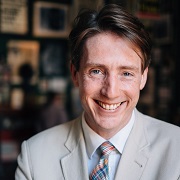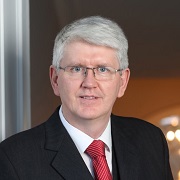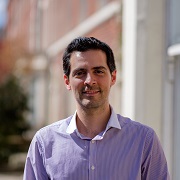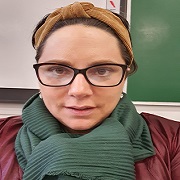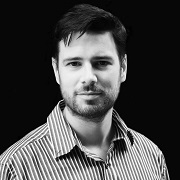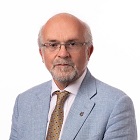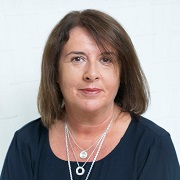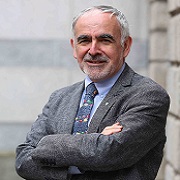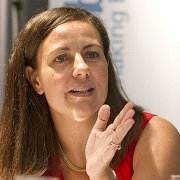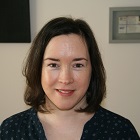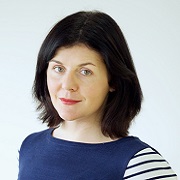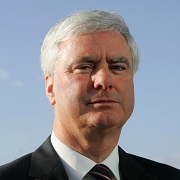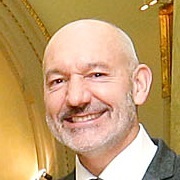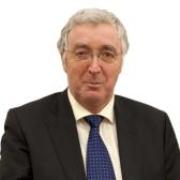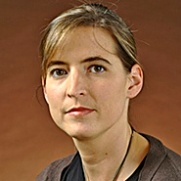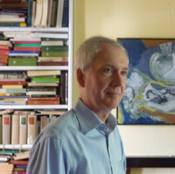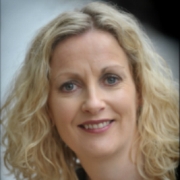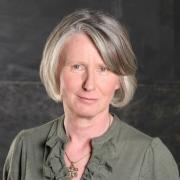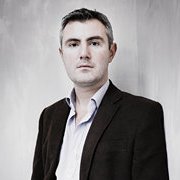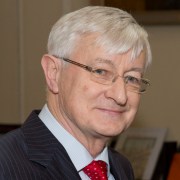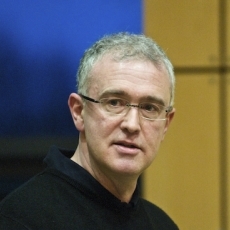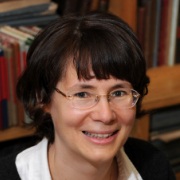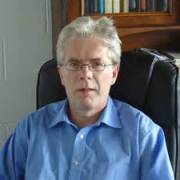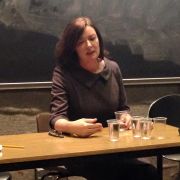Sometime in 2001, I found myself standing before a heavy wooden door in an austere corridor in an august neoclassical building in Braamfontein, downtown Johannesburg.
I was nearing the end of a two-year stint as an aid worker in Angola and didn't know what to do next. I feared returning suddenly to Western urban life, in Dublin or elsewhere, and feared going on to another aid mission, with the dissociative quality of life in the always-emergency zone.
I needed to place my experience in an intellectual context, but was wary of the ivory towers. And so a South African journalist friend suggested I speak to Tom Lodge - Professor of Political Studies at the University of the Witwatersrand, known as Wits. His office was a chaos of books and papers; Tom Lodge seemed so comfortable there that I wondered if he ever left. I felt immediately at home. I signed up for his masters course.
Wits proved to be a hard place for an Irishman to study. There was none of the collegiality I associated with campus life; there was little interaction in classes; it was riven by the sense that pervaded much of Johannesburg then, of mutual distrust. (I found the opposite in Soweto when I went to stay there with a family.) Amidst this, Tom's office was a bastion of both old-world, good-humoured English manners, and optimistic, internationalist, profoundly engaged intellectual inquiry.
Tom was a broad as well as a deep thinker; an imaginative theorist as well as a hard-nosed social scientist: the ideal mentor for someone who wanted an academic training but also wanted to write more creatively.
Later, after I moved home, Tom moved to the University of Limerick, as Professor of Peace and Conflict Studies. I imagine his office in Limerick quickly became as chaotically paper-strewn as his office in Wits. I would phone him occasionally to discuss articles I was writing.
This morning, I learned that Tom had died, suddenly, aged just 72, in France, to where he had semi-retired. "I take comfort in knowing he never ailed or withered; his life was always full", tweeted his son, Guy.
Looking back through our email correspondence, I found an article Tom had sent me in return for one of mine, a memoir of his early years at Wits. He wrote of how he had become drawn to South Africa "intellectually and emotionally" during his first research visits and how his early, formative encounters there had helped build "empathy and engagement with a society in which political beliefs and moral convictions seemed so important" - a reaction I would recognise in my own reaction to the country, two decades later. He wrote of his and his colleagues' commitment to the "politics of the weak and powerless" and their critical interest in the “weapons of the weak”. He wrote of putting this into practice as an expert witness in defence of ANC cadres charged with offences that included guerrilla warfare.
So for today, at least, what the humanities mean to me is captured in the professor that guided me through my return to the humanities after a restless twenties, and helped me plot a life in the humanities (albeit the non-academic variety) thereafter.
Tom Lodge was the kind of man the world needs more of: deeply interested and intelligent; open-minded, imaginative and empathetic; shrewdly critical of abuses of power, of privilege and of the lingering vestiges of empire. You can find those qualities in all disciplines, of course, but when they are built upon an expertise in the humanities, they can become a potent weapon for human progress.
In his work in opposition to Apartheid, in his work with his students, and in his thinking and writing, Tom Lodge's contribution to that progress was courageous and tangible. I will always be grateful I went through that door.



